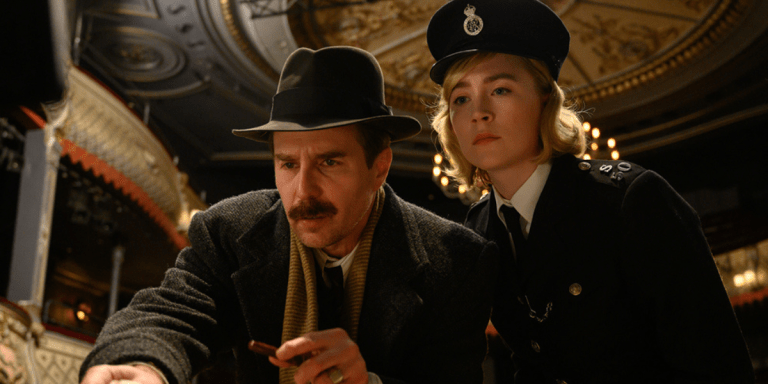Belonging, Multiracial Identity, and Sisterhood in Dark Academia

If you were accepted into your dream college and tapped for its most exclusive society, how far would you go to belong?
My debut novel, Society of Lies, asks that question. A dark academia set at Princeton, Society of Lies follows multiracial sisters who get involved in a corrupt secret society. Their story, told in alternating past/present perspectives, is meant to entertain, but also to encourage conversation around difficult topics: the sisters’ relationship, the feeling of being “other,” and the sacrifices they make to belong.
Parts of the story were inspired by my experience growing up multiracial, Black and Asian, and not feeling like I belonged anywhere. A shy, nerdy eighteen-year-old from California, my world changed when I was invited to attend my dream school.
Princeton University was a place so far away from anything I knew with its Gothic architecture and ivied brick, its cloisters and its libraries. When I arrived, I felt like I was in another world. A classical violinist practicing overhead. Classmates who had read Proust and Shakespeare over the summer. What was Choate and Exeter Academy? Was it possible that someone my age could speak three languages, own a company, and be an elite downhill skier?
At the time, I didn’t resent this high-achievement that surrounded me—I was fascinated by it. The “eating clubs,” Princeton’s social clubs, drew me in, and I wanted to belong. But doing well at school meant more than belonging. For me, it meant making my family proud.
My mother emigrated from Hong Kong to Canada during the 1967 Hong Kong Riots when violence erupted, while the Cultural Revolution raged on in Mainland China. Moving on her own to America a decade later, she and her sisters were the first in their family to go to college. Also the first to go to college, my father grew up in a working-class household with five siblings. He lived on his own at fifteen, worked as a TV repairman, and later went to community college and eventually law school.
Their dream was for their children to live a better life than theirs. Having the opportunity to attend Princeton meant living out the dreams of my parents, and their parents before them, and a few generations earlier on my father’s side, the ancestors who were not allowed an education, not allowed to read or write because it meant that they might have a taste of what it meant to be free.
In Society of Lies, the sisters, Maya and Naomi, have lost their parents. Maya, goes to college so that she can provide for her little sister. There, she meets a group of students who belong to the Greystone Society and promise her the life of her dreams.
Some of the sisters’ relationship was inspired by my relationship with my sister. Though we had been close growing up, we grew apart as adults. It wasn’t until the pandemic, when the world was in chaos and I was at a low point in my life, that we reconnected. While I wrote Society of Lies, I was reminded of how distance can come between sisters who have so much love for one another but don’t know how to express it.
These themes are woven into the novel because they fascinate me, and I hope will interest some readers as well. If you have the chance to read, I hope that the sisters’ story encourages you to think about multiracial identity, sisterhood, belonging, and the layered and complicated world of privilege, too.
About the Author
Lauren Ling Brown graduated from Princeton and USC School of Cinematic Arts with a BA in English literature and an MFA in film production with a focus in screenwriting. She currently resides in Los Angeles, California, where she works as a film editor.
But what should have been a dream weekend becomes Maya’s worst nightmare when she receives the news that Naomi is dead. The police are calling it an accident, but Maya suspects that there is more to the story than they are letting on.
As Maya pieces together what happened in the months leading up to her sister’s death, she begins to realize how much Naomi hid from her. Despite Maya’s warnings, Naomi had joined Sterling Club, the most exclusive social club on campus—the same one Maya belonged to. And if she had to guess, Naomi was likely tapped for the secret society within it.
The more Maya uncovers, the more terrified she becomes that Naomi’s decision to follow in her footsteps might have been what got her killed. Because Maya’s time at Princeton wasn’t as wonderful as she’d always made it seem—after all, her sister wasn’t the first young woman to turn up dead. Now every clue is leading Maya back to the past . . . and to the secret she’s kept all these years.
By clicking 'Sign Up,' I acknowledge that I have read and agree to Hachette Book Group’s Privacy Policy and Terms of Use


